
This post is brought to you in part by UCSI International School.
Education today is surrounded by several theories and practices that establish and rank schools in the eyes of parents. Some schools identify themselves by the result their students get in exams, some other schools emphasise the quality of technology integration in the class, others by the curriculum they deliver, some by the universities their students are accepted in.
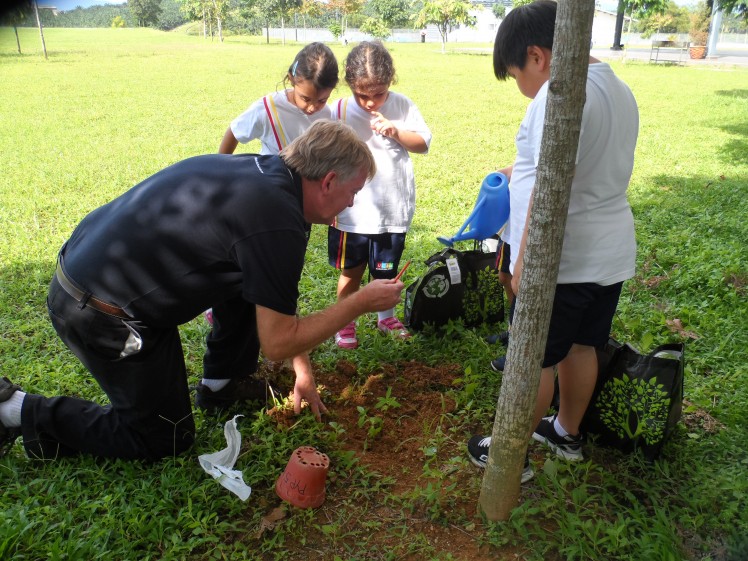
But what is one thing international schools are doing, or not, to help their students succeed and become well rounded, engaged global citizens who care about not only theirs, but the global community? The answer for that is service learning, a hands on approach to teaching and learning that can be implemented as a co-curricular activity or integrated into the curriculum.
Service Learning always has a hands on component in which students go out in the community and identify their needs in order to plan how they can give their contribution by engaging in volunteer work which is always supervised by a teacher, who plays the role of mentor.
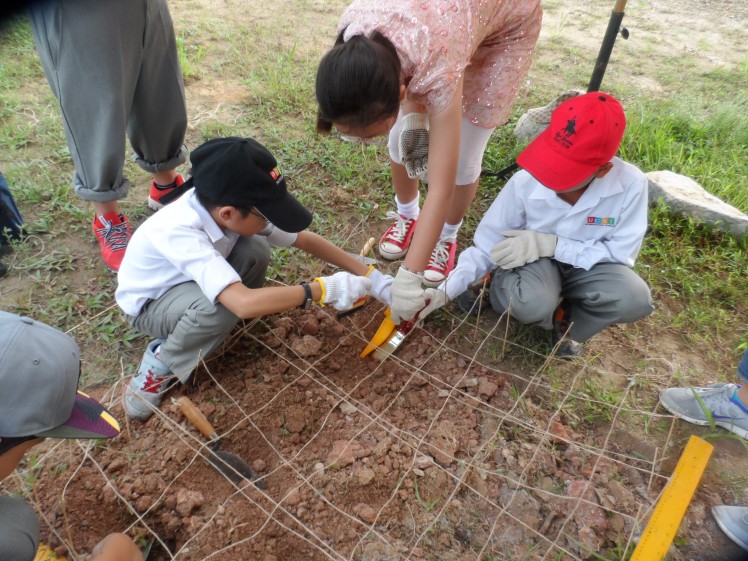
It can be done in several ways such as fundraising for an orphanage or an animal shelter, raising awareness for current and local issues students identify in the community like trash dumped in public parks or beaches.
Schools like UCSI International School have Service Learning as part of the curriculum and students are constantly engaged in different social activities that allow them to interact with the wider community in a safe and controlled environment. Even though most of the activities are student led, the school and supervisors play an essential role in guiding students in the process.
It is all about the process
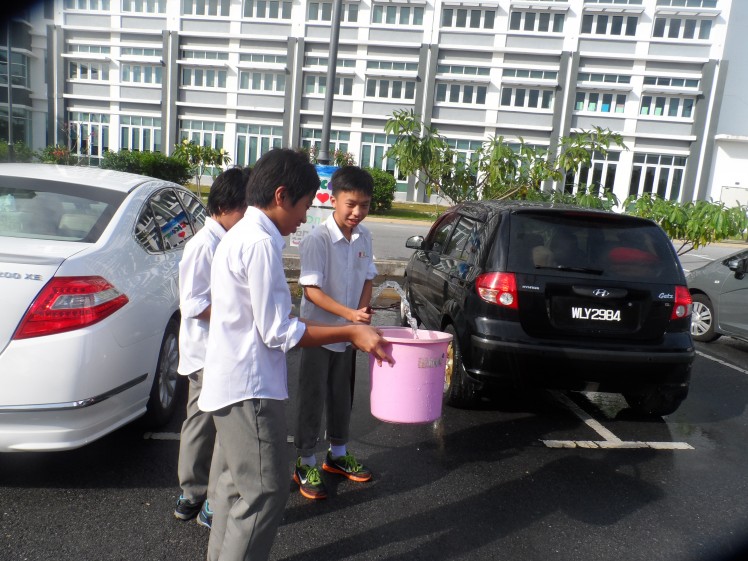
Service learning involves planning, research and strategy, which are skills needed in adult life after graduation when people get their jobs. Even though there is an outcome as a result of any activity, authentic service learning takes students through the process so they understand exactly what they are trying to accomplish and they are able to continuously reflect on what they are doing.
Students who are exposed to service learning have the opportunity to go through Kolb’s Experiential Learning Cycle, which involves planning, taking action, observing the results, reflecting on them and planning on changes for improvement so they can act again, observe the improvement, reflect on the results in a continuous spiral cycle.
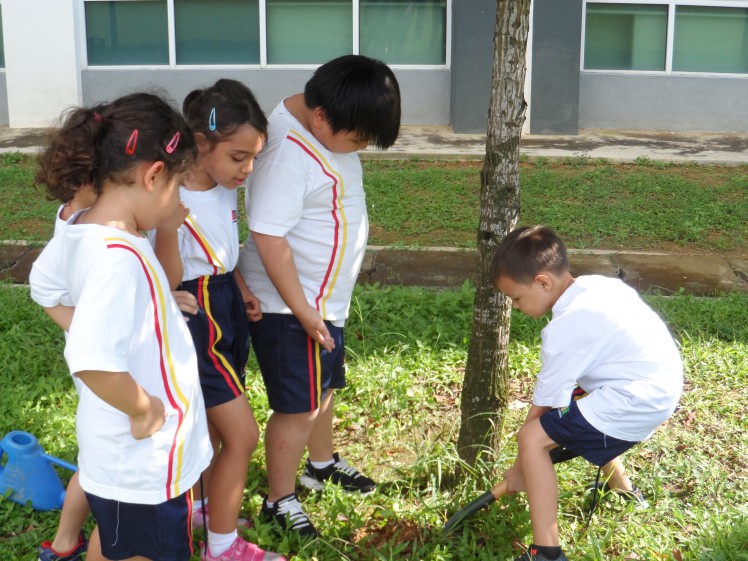
Another trend in service learning is student led mini social enterprises. These mini businesses run by students aim at providing a long term exposure so students can work collaboratively on one single project for an extended period of time.
This simulates a real life situation in which they are in charge of running their business so they get raise funds to the chosen charities in a continuous process as opposed to sporadic fundraisers.
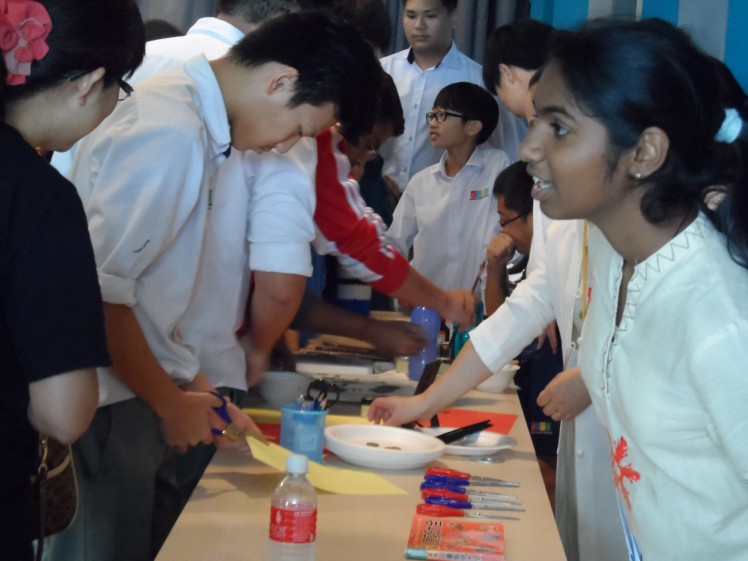
Chi-Kim and Au (2010) suggest that allowing students to run a social enterprise while still in school will provide them the experience of being an entrepreneur and the skills needed in the art of entrepreneurship. This way the school plays an essential role in developing future leaders and innovators when it allows them to go above and beyond to make a difference.
For more information on experiential learning, visit the UCSI International School website.























https://m.facebook.com/%D9%85%D8%AF%D8%B1%D8%A8%D9%8A%D9%86-%D8%B3%D8%A8%D8%A7%D8%AD%D8%A9-Swimming-Coaches-1019129904849264/
Paul Kam John Kam maybe time to revive youth prog?
Setuju..
Something that can also be done in National Schools.
Agree
Vivienne Webb
Better make it as a round figure like 10% so Rakyat Malaysia gadai semia termasuk seluar dalam utk membayar gst . http://www.financetwitter.com/2016/04/do-not-say-we-did-not-warn-you-get-ready-for-eight-percent-gst-next-year-2017.html
Lynn Cheng